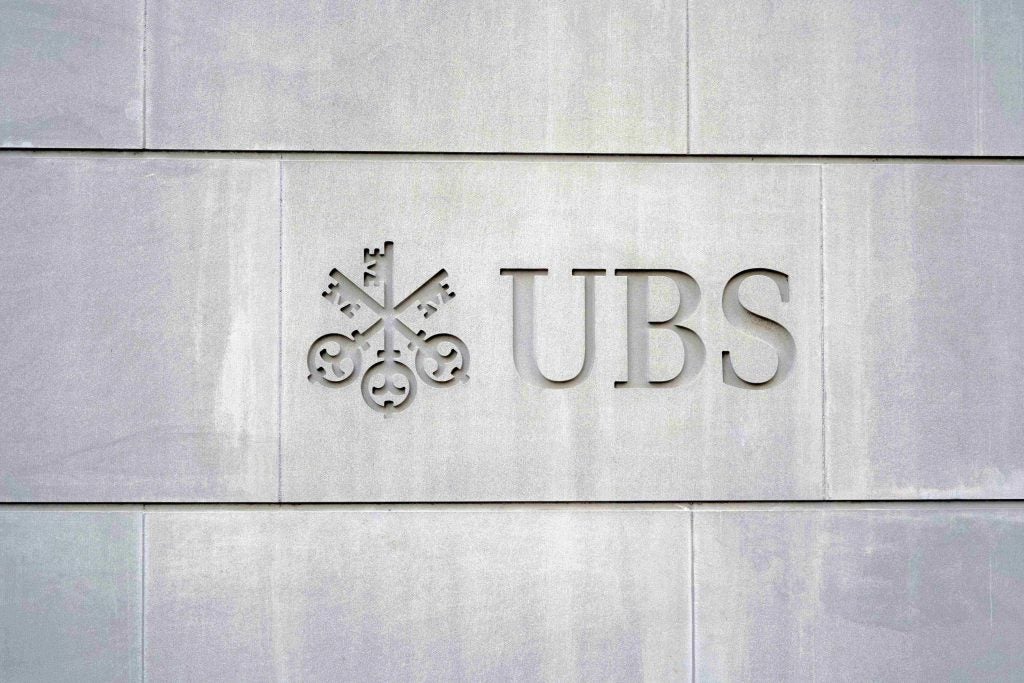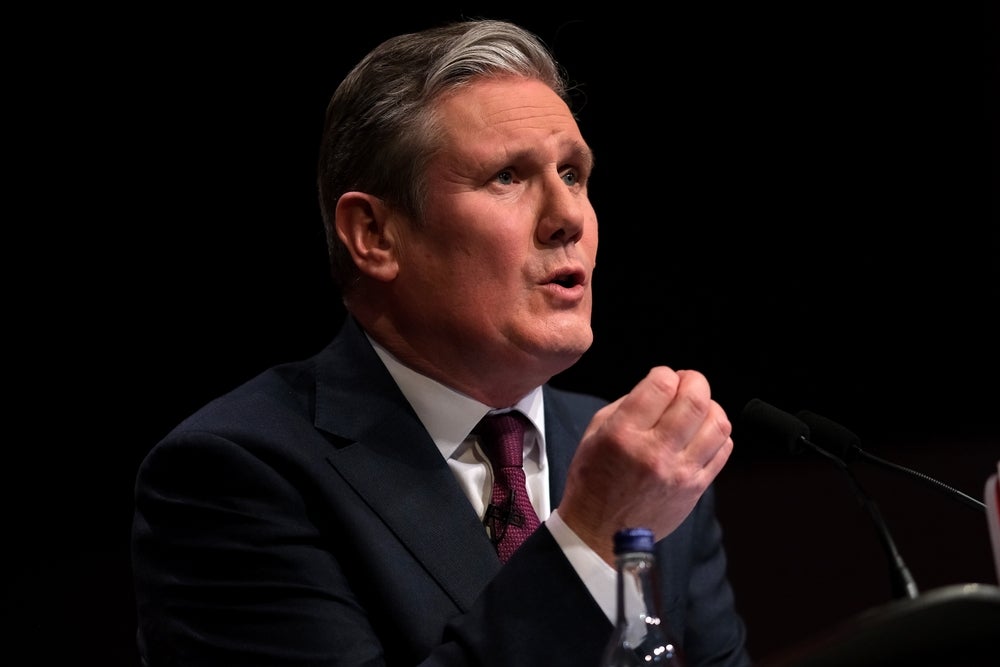Coronavirus has truly arrived in the UK with the Prime Minister Boris Johnson all but announcing an absolute lockdown. People are expecting coronavirus to have a huge affect on the pound, but UBS believes that it will be rough, but it will recover.
Dean Turner, UK economist at UBS Wealth Management, said: “Market volatility persists as investors wrestle with the fallout from the ongoing spread of the coronavirus. The UK has been front and centre of the volatility, with sterling hit hard as investors have liquidated their assets and switched into the safe haven that is the US dollar.
“Last week we saw further coordinated intervention from the government and the Bank of England (BoE). A package amounting to around 15% of GDP was made available to support firms through this period of economic disruption alongside more spending. The BoE responded to stress emerging in the markets by slashing interest rates to 0.1%, the lowest level on record. It also restarted its quantitative easing (QE) programme to the tune of GBP 200bn. The size of the QE programme is larger than expected, and the commitment to deploy these funds as soon as possible also came as a surprise.
“In normal times a fiscal and monetary response of this magnitude would be enough to ease concerns, but the unique nature of the current crisis demands more. The social distancing measures put in place to slow the spread of the virus threaten tens of thousands of jobs up and down the country. The possibility of spiking unemployment prompted chancellor Rishi Sunak to launch a new fiscal package aimed at protecting jobs. The eventual size of the programme is unknown and could run to billions. If 10% of employees are affected, it could cost the government GBP 10bn over three months.
“An economic slowdown is coming, and there is very little that the policy easing already announced can do to prevent the economy from contracting in the short term. Slowing the spread of the virus requires economic activity to slow too. Gauging the depth of the decline in activity is currently a matter of speculation, though its seems fair to argue that it will likely depend on two key factors.
“The first is how far social distancing policies will go; UK is now in a similar place to Italy, France and Spain. The second is the duration of those measures. The prime minster hinted last week that he expects us to be over the worst in 12 weeks. Some say this is too optimistic, others too pessimistic. In either case, the measures implemented are already enough to cause a sharp contraction in GDP.
How well do you really know your competitors?
Access the most comprehensive Company Profiles on the market, powered by GlobalData. Save hours of research. Gain competitive edge.

Thank you!
Your download email will arrive shortly
Not ready to buy yet? Download a free sample
We are confident about the unique quality of our Company Profiles. However, we want you to make the most beneficial decision for your business, so we offer a free sample that you can download by submitting the below form
By GlobalData“As the rate of infections continues to rise, the news flow is all one-way. And sentiment in the markets is following. But we should not lose sight of the fact that this crisis will pass. Indeed, amid all the negative news, the success in containing the coronavirus in China and other Asian countries is being overlooked. And this is where the coordinated policy response will really matter. Assuming that firms and workers emerge from the crisis relatively unscathed, fiscal and monetary easing should lay the foundation for a swift rebound for the economy.
“An economic recovery, when it materialises, is not consistent with the pound at its current levels. A number of factors have prompted the pound’s slump. Demand for safe-haven dollars is one, but the UK’s reliance on the “kindness of strangers” is also important given its large current account deficit. In our view, the UK will cope no worse than others in the downturn, nor will it miss out on the rebound. Thus, we still think that sterling can trade higher by the end of the year.”







